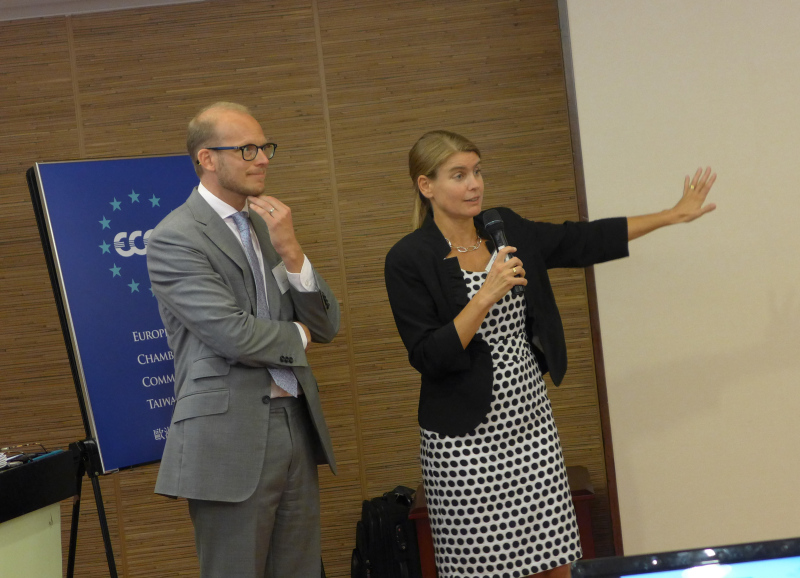Effective risk management and commercial disputes

The SCC's Arbitration Institute deals with about 200 cases per year involving about 35 countries. Besides Swedish and other European parties, many cases involve parties from Russia and China. While the secretariat is in Stockholm, the board is very international with representatives from many countries.
The Arbitration Institute has made its service user-friendly for an international clientele by providing translations of substantial portions of Swedish law in English, Chinese and Russian and free English translations of Swedish court decisions on arbitration issues on its website.
Because disputes take time, cost money and are a significant drain on resources, it is best to try to avoid them in the first place through proactive risk management during contract negotiations. Having in place good standard template contracts, negotiation manuals and check-lists designed for one's specific business should be a priority. Parties also often fail to fully understand the motivations and commercial objectives of their business partners and make sure that the contracts reflect these commercial objectives.
Once contracts are signed, parties often fail to properly manage them. The contract should be seen as a roadmap for the project. Proper management should include informing and educating all persons affected by the contract about its content and designating a contract manager that is responsible for monitoring the entire contract throughout its implementation with checks and alerts to ensure that rights are protected and obligations adhered to.
Parties often lose cases, not on account of a lack of a merit but because they did not have an adequate internal system for storing documents and keeping track of communications under the contract. It is therefore essential to keep comprehensive documentation and a chronological master file. Another common error is to make verbal changes to a contract which may later be questioned by one of the parties. It is therefore essential to put any changes in writing.
There is no "one size fits all" solution to resolving disputes. Parties should consider a number of factors before opting for arbitration, litigation or mediation, especially the potential costs and drain on resources. They should also consider the impact on business. For example, mediation may be the best way to resolve a dispute if a firm wants to continue doing business with its partner. For this reason, mediation should be written into contracts as an option along with number of arbitrators and the seat of arbitration.
The speakers also recommended using model clauses wherever possible because they have been carefully thought through by experts and any tampering with the wording could have unintended consequences. With the right contract in place, arbitration can be very powerful but this requires an effective dispute resolution clause. An effective dispute resolution clause is a guarantee that you will be able to enforce your contractual rights because arbitration awards are recognized and enforced in most countries in the world under the New York Convention. Without an effective dispute resolution clause, the contract becomes toothless.
Speakers concluded that disputes are an inevitable part of international business. But dealing with them efficiently can save time and money. Parties should develop clear strategies, focus on the right issues and work on a settlement strategy in parallel with dispute preparation. The strategy should be realistic about the actual costs (especially legal and personnel costs) and opportunity costs. For example, if personnel resources are tied up on the case, they would not be able to focus on core business. Finally, firms should always consider the risks of a worst-case-scenario.
